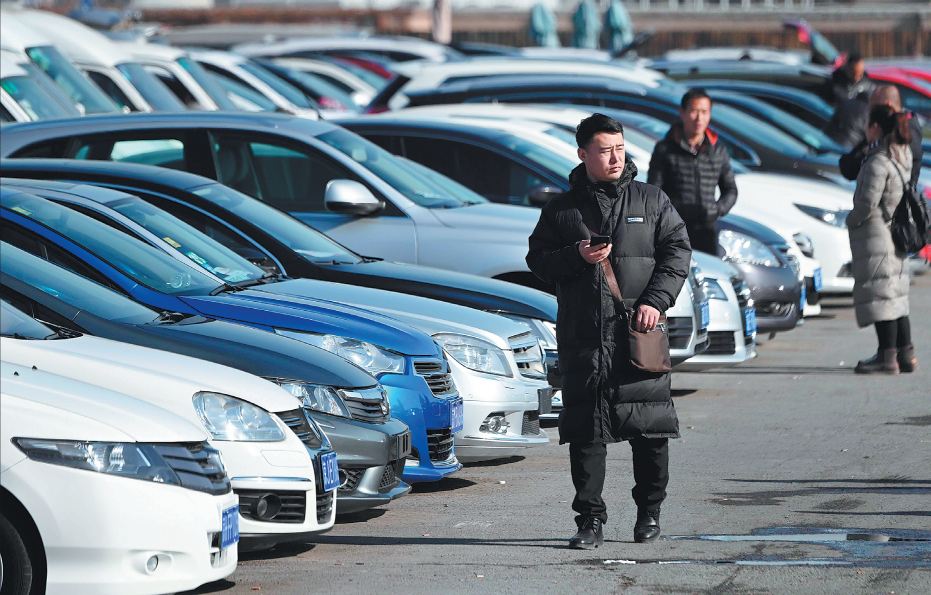New scrapping rules to benefit sector


Policy will push value of vehicle parts up, giving owners of old vehicles the chance to make more money
China is to introduce new policies on recycling scrapped motor vehicles, which is expected to stimulate the consumption of new and second-hand cars.
The new policy will legalize the selling of a scrapped vehicle's engine, gearbox, front and rear axle and frame to eligible automobile remanufacturing enterprises at market prices. This will significantly increase the value of scrapped cars and raise owners' motivation to scrap obsolete vehicles, Wang Bingnan, vice-minister of commerce, said at a policy briefing hosted by the State Council Information Office on Feb 22.
Currently, the five main parts of obsolete vehicles are only allowed to be sold as scrap metal to iron works. Their value is around 1,290 yuan ($192) per metric ton.
Cui Dongshu, secretary-general of the China Passenger Car Association, said as China's car ownership is seeing rapid growth and the upgrading of automobile products is accelerating, there is an urgent need for new rules in the scrap industry.
Data shows that China has around 240 million vehicles. Based on the international average scrap ratio of 4-6 percent, 14 million cars will become obsolete this year and 17 million units will be discarded by 2020, according to ce.cn, a news website hosted by Economic Daily.
Zheng Shuwei, director of the Department of Market System Development at the Ministry of Commerce, said at the briefing that scrapping is the last link in automobile circulation.
By boosting the price of recycling scrapped vehicles, owners are expected to be more willing to scrap their old cars, which will play an important role in the consumption of new and used vehicles, Zheng added.
In addition, the new rules are planned to break the monopoly of the automobile scrapping industry, stimulating benign market competition and healthy development of the whole automobile industry.
Currently, each region can only set up one scrapped vehicle recycling enterprise, which means that the total number was capped. Therefore, the qualified recycling enterprises have monopoly, which is not conducive to the development of the industry.




































